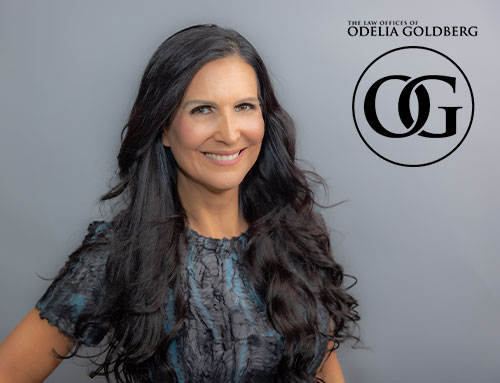Working until his final days, Italian fashion designer Giorgio Armani died on September 4, 2025, at the age of 91, leaving behind his closely held company worth $12B (that’s with a B!).
Armani had two last wills:
Both wills were rewritten by Armani last spring, partly by hand on the back of a brown envelope. The business last will instructed his heirs to sell an initial 15% of his fashion house within 18 months of his death.
So, what can we learn from this red-carpet fashion icon?
Most of us don’t have a billion-dollar empire, but many of us do have a homestead property that will comprise our estate.
The instinct to require beneficiaries (or heirs) to sell a homestead property is complicated because it may impact homestead creditor protection.
As avid readers of this newsletter know, homestead is really three things in Florida:
In this discussion, we’ll focus on #2 and #3:
When you pass away, your house is still creditor protected, and debts cannot attach to that asset—provided it continues to pass to your qualified heirs.
However, if your last will or trust requires your homestead to be sold after your passing (or within a certain time frame), your heirs will not inherit it as a homestead. That can result in losing creditor protection.
👉 In short: If you force a sale, creditors may successfully attach to the property.
This is a very nuanced part of the rules, so you want to make sure that when you include this “must sell” language, you leave some oxygen in the room. To avoid problems:
These phrases help preserve homestead status and creditor protection.
So, there you have it:







The information on this website is for general information purposes only. Nothing on this site should be taken as legal advice for any individual case or situation.
This information is not intended to create, and receipt or viewing does not constitute, an attorney-client relationship.
© 2025 The Law Offices of Odelia Goldberg. All Rights Reserved. Privacy Policy. Web Development by IWD Marketing